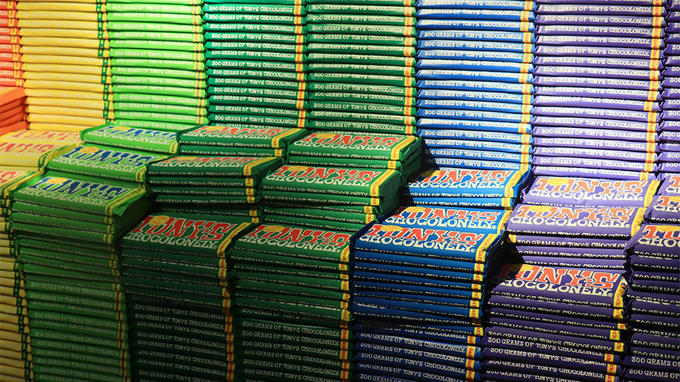
Supply chains in commodity industries are often characterized by social and environmental abuse. In the cocoa industry, for example, the average farmer cultivates between three and five hectares to earn less than two dollars a day. It is an environment rife with social and environmental abuse. In this article, the authors look at the experience of Tony’s Chocolonely, a Dutch chocolate brand founded in 2005, which set itself a mission to sell 100% slavery-free chocolate. They show how Tony’s brought its supply chain partners together to create an altogether new paradigm in which all actors take responsibility for social impact. And it really works: Tony’s profitably sells around $130 million worth of slavery-free chocolate bars in Western Europe and the U.S.

Read more...
About the Author

EcoVadis is a purpose-driven company dedicated to embedding sustainability intelligence into every business decision worldwide. With global, trusted and actionable ratings, businesses of all sizes rely on EcoVadis’ detailed insights to comply with ESG regulations, reduce GHG emissions, and improve the sustainability performance of their business and value chain across 220 industries in 180 countries. Leaders like Johnson & Johnson, L’Oréal, Unilever, Bridgestone, BASF and JPMorgan are among 150,000+ businesses that use EcoVadis ratings, risk, and carbon management tools and e-learning platform to accelerate their journey toward resilience, sustainable growth and positive impact worldwide.
Follow on Linkedin
Visit Website
More Content by EcoVadis EN
Follow on Twitter Follow on Linkedin Visit Website More Content by EcoVadis EN


